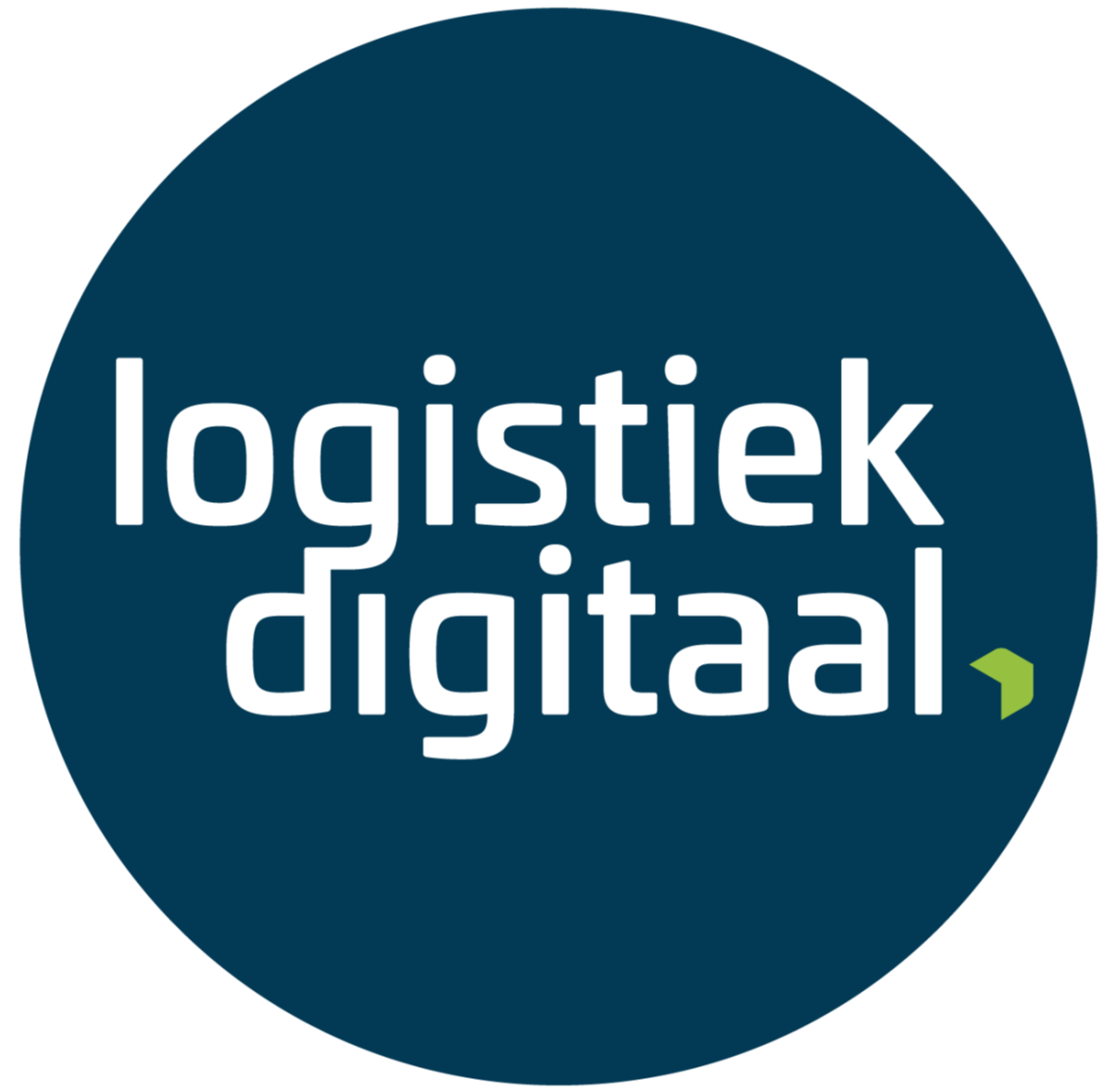Data Mining
About the course
The module on data mining begins by outlining the learning objectives, emphasizing understanding the data mining process, and gaining familiarity with tasks, methods, and tools. The course aims to equip participants with the ability to structure and select data mining projects to extract valuable insights from data for solving real-world problems.
Finally, the module emphasizes the importance of choosing the right data mining tools, such as commercial options like IBM SPSS Modeler and SAS Enterprise Miner, as well as free/open-source tools like RapidMiner, KNIME, WEKA, and Orange. Programming languages like Python and R are also noted for data analysis and modeling, with KNIME and R specified for use in the course. The overall goal of this module is to provide students with the skills needed for successful data mining projects, aligning with business objectives, and leveraging effective tools and methodologies.
More about the authors


